Intro
Prepare for a colonoscopy with gentle foods like bananas, rice, and toast, avoiding high-fiber foods, nuts, and seeds for a smooth procedure and accurate results, ensuring a safe and effective colon cancer screening experience.
Preparing for a colonoscopy involves more than just understanding the procedure itself; it also entails knowing how to prepare your body, particularly your digestive system, for the examination. One crucial aspect of this preparation is diet. The foods you eat before a colonoscopy can significantly impact the effectiveness and comfort of the procedure. A well-planned diet helps ensure that your colon is clean and free of any debris, making it easier for your healthcare provider to examine your colon thoroughly.
A colonoscopy is a diagnostic tool used to visually examine the inside of the colon and rectum for abnormalities such as polyps, cancer, and other conditions. The procedure involves inserting a flexible tube with a camera and light on the end into the rectum and guiding it through the colon. For the procedure to be successful, the colon must be completely empty and free of any stool or debris. This is where dietary preparation comes into play.
In the days leading up to your colonoscopy, your doctor will likely advise you to follow a specific diet. This diet typically starts with eating low-fiber foods for a few days before the procedure and then transitions to a clear liquid diet the day before the colonoscopy. Understanding what foods are allowed and what should be avoided during this period is essential for a successful and comfortable colonoscopy experience.
Introduction to Pre-Colonoscopy Diet
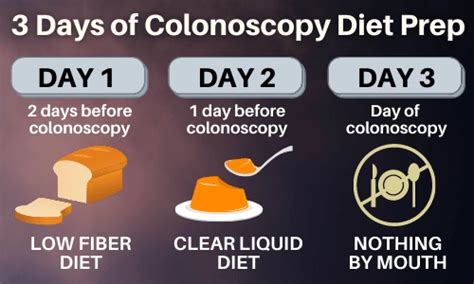
The pre-colonoscopy diet is designed to minimize the amount of residue in your colon, making the examination easier and more accurate. It's a gradual process that starts with reducing fiber intake a few days before the procedure and ends with a clear liquid diet the day before the colonoscopy. This dietary preparation helps in reducing the risk of complications during the procedure and ensures that your healthcare provider gets a clear view of your colon.
Low-Fiber Diet
A low-fiber diet is often recommended a few days before the colonoscopy. This diet excludes high-fiber foods such as whole grains, nuts, seeds, and certain fruits and vegetables. The goal is to reduce the amount of undigested food that reaches the colon, thereby minimizing the residue that could interfere with the colonoscopy. Foods that are typically allowed on a low-fiber diet include:- White bread
- Plain crackers
- Cooked vegetables (without seeds or skins)
- Fresh fruits (without seeds or skins)
- Lean proteins like chicken, fish, and eggs
- Low-fiber cereals
Clear Liquid Diet
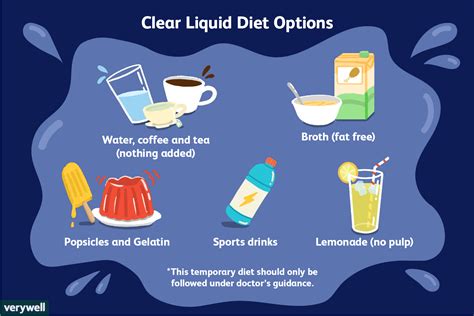
The day before the colonoscopy, you will typically be instructed to follow a clear liquid diet. This diet consists of clear liquids that are easy to digest and leave no residue in the colon. Examples of clear liquids include:
- Water
- Clear broths
- Electrolyte-rich beverages like sports drinks
- Clear juices (such as apple or grape)
- Tea or coffee without cream
- Gelatin
- Popsicles
It's essential to avoid any liquids that are red or purple, as they can interfere with the colonoscopy results. Also, avoid drinking anything with pulp or sediment.
Foods to Avoid
Before a colonoscopy, there are certain foods that you should avoid because they can leave residue in the colon or interfere with the procedure. These include:- High-fiber foods like beans, cabbage, and broccoli
- Seeds and nuts
- Popcorn
- Raw vegetables and fruits with seeds or skins
- Whole grains
- Dairy products with pulp or sediment
Importance of Hydration
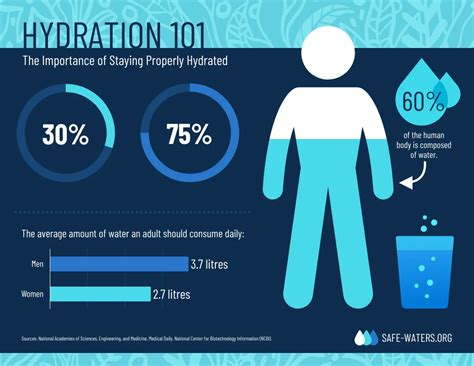
Staying hydrated is crucial during the preparation period for a colonoscopy. Drinking plenty of clear liquids helps prevent dehydration and ensures that you are comfortable during the procedure. It also helps in flushing out your system, making the colonoscopy more effective.
Colonoscopy Preparation Medications
In addition to dietary changes, you will also be given laxatives or other medications to help clean out your colon. These medications are designed to stimulate bowel movements and ensure that your colon is empty for the procedure. It's essential to follow the instructions provided by your healthcare provider regarding these medications, as they play a critical role in the success of the colonoscopy.Day of the Colonoscopy
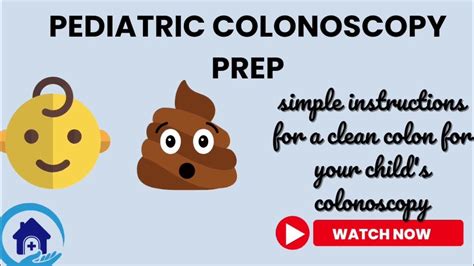
On the day of the colonoscopy, you should not eat or drink anything except for any medications that your doctor has instructed you to take with a small sip of water. After the procedure, you can gradually return to your normal diet, but it's recommended to start with light meals and avoid heavy or greasy foods for a few hours.
Post-Colonoscopy Diet
After a colonoscopy, it's essential to eat foods that are gentle on your digestive system. You may want to avoid heavy meals for a few hours and instead opt for light, easy-to-digest foods like crackers, toast, plain rice, bananas, and applesauce. As you recover, you can gradually introduce more substantial foods into your diet.Conclusion and Next Steps
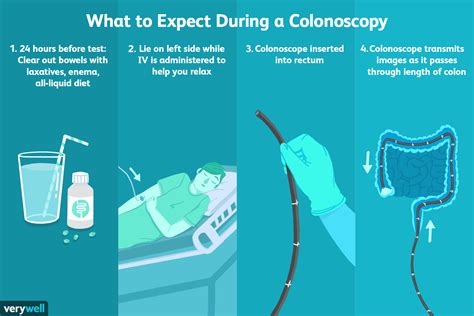
Preparing for a colonoscopy requires careful attention to your diet to ensure that the procedure is both effective and comfortable. By understanding what foods to eat and what to avoid, you can play an active role in the success of your colonoscopy. Remember, a clean colon is essential for a thorough examination, and dietary preparation is a crucial step in this process.
Final Thoughts
A colonoscopy is a valuable tool for detecting and preventing colon cancer and other conditions affecting the colon. By following the dietary guidelines provided by your healthcare provider and understanding the importance of a clean colon, you can help ensure that your colonoscopy is successful and that you receive the best possible care.What is the purpose of a clear liquid diet before a colonoscopy?
+The purpose of a clear liquid diet is to ensure that the colon is empty and free of any debris, making it easier for the healthcare provider to examine the colon during the colonoscopy.
Can I eat solid foods the day before a colonoscopy?
+No, it is generally recommended to avoid solid foods the day before a colonoscopy and instead follow a clear liquid diet to minimize the risk of complications and ensure a successful procedure.
How long does it take to recover from a colonoscopy?
+Recovery time from a colonoscopy can vary, but most people can resume their normal activities within a day. It's recommended to avoid heavy lifting, strenuous activities, and driving for a few hours after the procedure.
We hope this article has provided you with valuable insights into the dietary preparations necessary for a successful colonoscopy. If you have any further questions or would like to share your experiences with colonoscopy preparations, please feel free to comment below. Sharing this article with others who may be undergoing a colonoscopy can also help spread awareness and provide support. Remember, a well-prepared colonoscopy is key to a healthy and successful examination.
